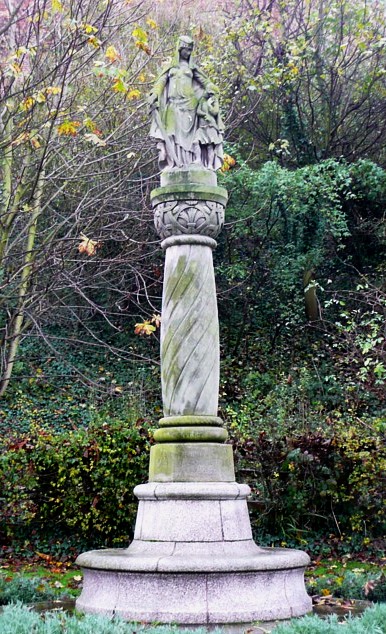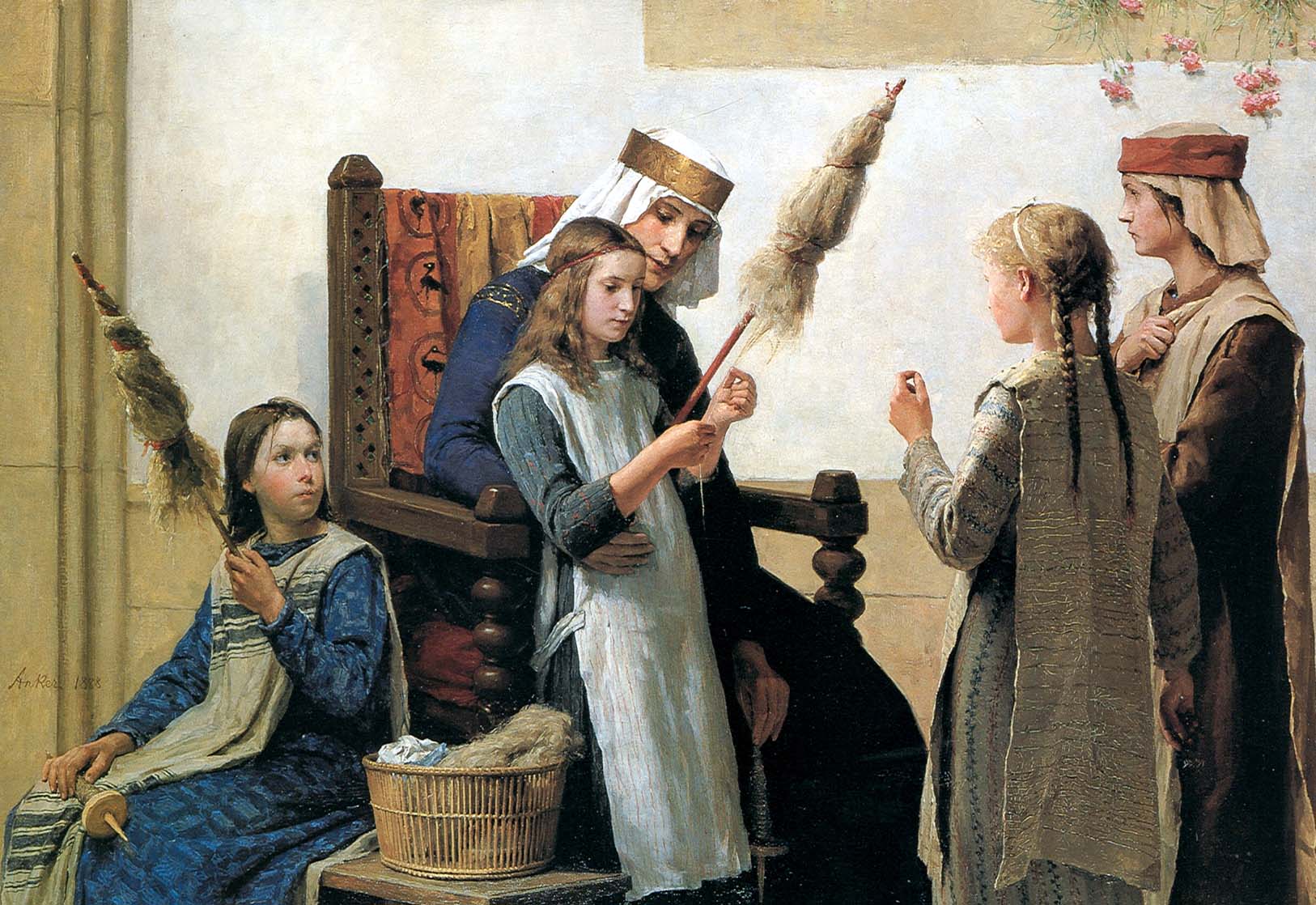|
Alphege Of Wells
__NOTOC__ Alphege (or Ælfheah) was the third Anglo-Saxon Bishop of Wells. He was consecrated in January 926, and died around 937.Fryde, et al. ''Handbook of British Chronology'' p. 222Foot ''Æthelstan'' p. 97 At the start of the reign of King Æthelstan in 924, Alphege was a member of his household, one of his mass priests, who were probably responsible for looking after his relics. Early in Æthelstan's reign, Alphege witnessed his manumission of a slave called Ealdred, and he also attested a charter on the day of Æthelstan's coronation, 4 September 925. He was appointed Bishop of Wells in succession to Wulfhelm, who had been translated to the Archbishopric of Canterbury The Province of Canterbury, or less formally the Southern Province, is one of two ecclesiastical provinces which constitute the Church of England. The other is the Province of York (which consists of 12 dioceses). Overview The Province consist ....Foot ''Æthelstan'' pp. 65, 69, 97 Citations Referen ... [...More Info...] [...Related Items...] OR: [Wikipedia] [Google] [Baidu] |
Bishop Of Wells
The Bishop of Bath and Wells heads the Church of England Diocese of Bath and Wells in the Province of Canterbury in England. The present diocese covers the overwhelmingly greater part of the (ceremonial) county of Somerset and a small area of Dorset. The Episcopal seat is located in the Cathedral Church of Saint Andrew in the city of Wells in Somerset. The bishop is one of two (the other is the Bishop of Durham) who escort the sovereign at the coronation. The Bishop's residence is The Palace, Wells. In late 2013 the Church Commissioners announced that they were purchasing the Old Rectory, a Grade II-listed building in Croscombe for the Bishop's residence. However this decision was widely opposed, including by the Diocese, and in May 2014 was overturned by a committee of the Archbishops' Council. History Somerset originally came under the authority of the Bishop of Sherborne, but Wells became the seat of its own Bishop of Wells from 909. King William Rufus granted Bath to a r ... [...More Info...] [...Related Items...] OR: [Wikipedia] [Google] [Baidu] |
Wulfhelm
Wulfhelm (died 12 February 941) was Bishop of Wells before being promoted to the Archbishopric of Canterbury about 926. Nothing is known about his time at Wells, but as archbishop he helped codify royal law codes and gave lands to monasteries. He went to Rome soon after his selection as archbishop. Two religious books that he gave to his cathedral are still extant. Biography Wulfhelm was elected and consecrated Bishop of Wells between 923 and September 925.Fryde, et al. ''Handbook of British Chronology'' p. 222 Nothing else is known about his time at Wells.Robinson ''Saxon Bishops of Wells'' pp. 40–41 Wulfhelm was translated from the Bishopric of Wells to be Archbishop of Canterbury in about 926.Fryde, et al. ''Handbook of British Chronology'' p. 214 While he was archbishop, he was a frequent attendee of the royal court, and King Æthelstan of England says in his law code that Wulfhelm was consulted on the drafting of the laws.Leyser "Wulfhelm" ''Oxford Dictionary of National ... [...More Info...] [...Related Items...] OR: [Wikipedia] [Google] [Baidu] |
Wulfhelm II
Wulfhelm II was the fourth Anglo-Saxon Bishop of Wells The Bishop of Bath and Wells heads the Church of England Diocese of Bath and Wells in the Province of Canterbury in England. The present diocese covers the overwhelmingly greater part of the (ceremonial) county of Somerset and a small area of Do .... He was consecrated in 938, and died around 956.Fryde, et al. ''Handbook of British Chronology'' p. 222 Citations References * External links * Bishops of Wells 10th-century English bishops 950s deaths Year of death uncertain Year of birth unknown {{England-bishop-stub ... [...More Info...] [...Related Items...] OR: [Wikipedia] [Google] [Baidu] |
Anglo-Saxons
The Anglo-Saxons were a Cultural identity, cultural group who inhabited England in the Early Middle Ages. They traced their origins to settlers who came to Britain from mainland Europe in the 5th century. However, the ethnogenesis of the Anglo-Saxons happened within Britain, and the identity was not merely imported. Anglo-Saxon identity arose from interaction between incoming groups from several Germanic peoples, Germanic tribes, both amongst themselves, and with Celtic Britons, indigenous Britons. Many of the natives, over time, adopted Anglo-Saxon culture and language and were assimilated. The Anglo-Saxons established the concept, and the Kingdom of England, Kingdom, of England, and though the modern English language owes somewhat less than 26% of its words to their language, this includes the vast majority of words used in everyday speech. Historically, the Anglo-Saxon period denotes the period in Britain between about 450 and 1066, after Anglo-Saxon settlement of Britain, th ... [...More Info...] [...Related Items...] OR: [Wikipedia] [Google] [Baidu] |
Æthelstan
Æthelstan or Athelstan (; ang, Æðelstān ; on, Aðalsteinn; ; – 27 October 939) was King of the Anglo-Saxons from 924 to 927 and King of the English from 927 to his death in 939. He was the son of King Edward the Elder and his first wife, Ecgwynn. Modern historians regard him as the first King of England and one of the "greatest Anglo-Saxon kings". He never married and had no children; he was succeeded by his half-brother, Edmund I. When Edward died in July 924, Æthelstan was accepted by the Mercians as king. His half-brother Ælfweard may have been recognised as king in Wessex, but died within three weeks of their father's death. Æthelstan encountered resistance in Wessex for several months, and was not crowned until September 925. In 927 he conquered the last remaining Viking kingdom, York, making him the first Anglo-Saxon ruler of the whole of England. In 934 he invaded Scotland and forced Constantine II to submit to him. Æthelstan's rule was resented by the S ... [...More Info...] [...Related Items...] OR: [Wikipedia] [Google] [Baidu] |
Archbishop Of Canterbury
The archbishop of Canterbury is the senior bishop and a principal leader of the Church of England, the ceremonial head of the worldwide Anglican Communion and the diocesan bishop of the Diocese of Canterbury. The current archbishop is Justin Welby, who was enthroned at Canterbury Cathedral on 21 March 2013. Welby is the 105th in a line which goes back more than 1400 years to Augustine of Canterbury, the "Apostle to the English", sent from Rome in the year 597. Welby succeeded Rowan Williams. From the time of Augustine until the 16th century, the archbishops of Canterbury were in full communion with the See of Rome and usually received the pallium from the pope. During the English Reformation, the Church of England broke away from the authority of the pope. Thomas Cranmer became the first holder of the office following the English Reformation in 1533, while Reginald Pole was the last Roman Catholic in the position, serving from 1556 to 1558 during the Counter-Reformation. ... [...More Info...] [...Related Items...] OR: [Wikipedia] [Google] [Baidu] |
Christianity
Christianity is an Abrahamic monotheistic religion based on the life and teachings of Jesus of Nazareth. It is the world's largest and most widespread religion with roughly 2.38 billion followers representing one-third of the global population. Its adherents, known as Christians, are estimated to make up a majority of the population in 157 countries and territories, and believe that Jesus is the Son of God, whose coming as the messiah was prophesied in the Hebrew Bible (called the Old Testament in Christianity) and chronicled in the New Testament. Christianity began as a Second Temple Judaic sect in the 1st century Hellenistic Judaism in the Roman province of Judea. Jesus' apostles and their followers spread around the Levant, Europe, Anatolia, Mesopotamia, the South Caucasus, Ancient Carthage, Egypt, and Ethiopia, despite significant initial persecution. It soon attracted gentile God-fearers, which led to a departure from Jewish customs, and, a ... [...More Info...] [...Related Items...] OR: [Wikipedia] [Google] [Baidu] |
Bishops Of Wells
A bishop is an ordained clergy member who is entrusted with a position of authority and oversight in a religious institution. In Christianity, bishops are normally responsible for the governance of dioceses. The role or office of bishop is called episcopacy. Organizationally, several Christian denominations utilize ecclesiastical structures that call for the position of bishops, while other denominations have dispensed with this office, seeing it as a symbol of power. Bishops have also exercised political authority. Traditionally, bishops claim apostolic succession, a direct historical lineage dating back to the original Twelve Apostles or Saint Paul. The bishops are by doctrine understood as those who possess the full priesthood given by Jesus Christ, and therefore may ordain other clergy, including other bishops. A person ordained as a deacon, priest (i.e. presbyter), and then bishop is understood to hold the fullness of the ministerial priesthood, given responsibility by ... [...More Info...] [...Related Items...] OR: [Wikipedia] [Google] [Baidu] |
937 Deaths
Year 937 ( CMXXXVII) was a common year starting on Sunday (link will display the full calendar) of the Julian calendar. Events By place Europe * A Hungarian army invades Burgundy, and burns the city of Tournus. Then they go southwards to Italy, pillaging the environs of Naples, Benevento and Monte Cassino. When the Hungarians return home, they are attacked in the Apennine Mountains by Lombard forces, losing their plunder (approximate date). * July 11 – King Rudolph II of Burgundy dies after a 25-year reign, and is succeeded by his 12-year-old son Conrad I ("the Peaceful"). His wife, Queen Bertha, takes effective control of unified Burgundy, transferring its capital to Arles (that Burgundian kingdom was later known from the 12th century as the Kingdom of Arles). * King Otto I refuses to give land to his older (illegitimate) half-brother Thankmar, who gains the support of Eberhard III (duke of Franconia) and Wichmann the Elder, and seizes the fortress of Eresb ... [...More Info...] [...Related Items...] OR: [Wikipedia] [Google] [Baidu] |
Year Of Birth Unknown
A year or annus is the orbital period of a planetary body, for example, the Earth, moving in its orbit around the Sun. Due to the Earth's axial tilt, the course of a year sees the passing of the seasons, marked by change in weather, the hours of daylight, and, consequently, vegetation and soil fertility. In temperate and subpolar regions around the planet, four seasons are generally recognized: spring, summer, autumn and winter. In tropical and subtropical regions, several geographical sectors do not present defined seasons; but in the seasonal tropics, the annual wet and dry seasons are recognized and tracked. A calendar year is an approximation of the number of days of the Earth's orbital period, as counted in a given calendar. The Gregorian calendar, or modern calendar, presents its calendar year to be either a common year of 365 days or a leap year of 366 days, as do the Julian calendars. For the Gregorian calendar, the average length of the calendar year ( ... [...More Info...] [...Related Items...] OR: [Wikipedia] [Google] [Baidu] |





